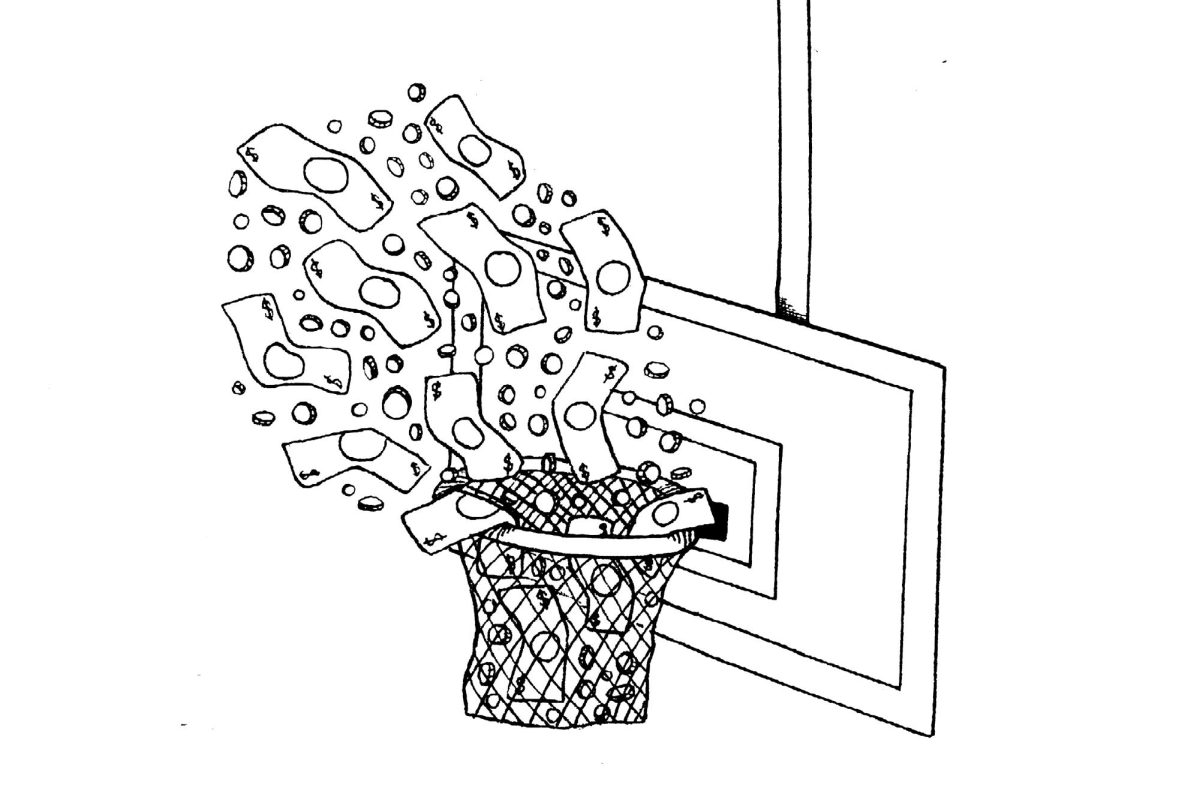The Interfraternity Council has been silent on why Pi Kappa Alpha has been kicked off campus. But that’s not a first for fraternities.
GW’s chapter of Alpha Epsilon Pi was shut down in 2014 after hazing and alcohol violations surfaced, and GW’s chapter of Tau Kappa Alpha was shut down in 2015. In both circumstances, the IFC did not explain why the chapters were expelled.
After an investigation into Pi Kappa Alpha fraternity in 2016, they were placed on a social probation that barred them from hosting events with alcohol because they had posed health and safety risks to new members. Now, Pi Kappa Alpha has been removed from campus for good, and again, with no explanation.
It is not uncommon for a fraternity to be booted from campus, but the IFC could at least explain why. Withholding information about chapter closures contributes to a pattern of burying the truth to maintain a clean reputation. The IFC is not doing students or themselves any favors by keeping information everyone deserves to know a secret, especially if the reasons involve student safety. IFC leaders must be transparent about what happened to cause Pi Kappa Alpha to leave campus.
If students were harmed or involved in hazing, an alcohol violation or any other potentially dangerous activity within a fraternity, IFC should do the right thing and alert the GW community of what happened. Saving the reputation of a fraternity and the members of the fraternity that has to be removed is not worth more than the safety of the greater student population. Revealing the information would allow students to make informed decisions about attending fraternity parties or choosing whether to join a fraternity.
The organization’s transparency issue is also not specific to GW. Pi Kappa Alpha chapters at Southern Methodist University and the University of Massachusetts Amherst were suspended because they were both found to be hazing potential new members. There is a tendency within Greek life to keep things in house, which makes sense given that it operates under its own national governing body. But fraternity members and the IFC need to remember that they are students of GW first and members of their organization second. If a fraternity as a whole is endangering other students, to the point where they have to be removed from campus, it should be commonplace that they reveal what happened.
Withholding information about a chapter’s removal only leads people to speculate on what happened and in some situations, think the worst of Greek life. Coming clean with the circumstances around a chapter’s removal would allow the IFC to formulate next steps and be held accountable for their actions. But none of the fraternities can publicly learn from whatever happened to Pi Kappa Alpha because the situation has been kept a secret. The IFC is causing harm to both itself and the surrounding community by concealing situations that could affect outside parties.
The only way to address systemic problems within an organization is to recognize that there are problems. The IFC cannot be held accountable for the actions within its community if leaders are not clear with the GW community about the reasons their organizations leave campus. They could release public statements explaining what happened, and if the incident warrants it, explain how IFC leaders plan to move forward from the issue.
Students who are rushing fraternities, students walking into fraternity houses for parties and students already in fraternities should be prioritized over the image of IFC. By holding its silence on what happened with Pi Kappa Alpha, IFC is refusing to address the issues that led to the chapter’s removal.
Hannah Thacker, a sophomore majoring in political communication, is the contributing opinions editor.



